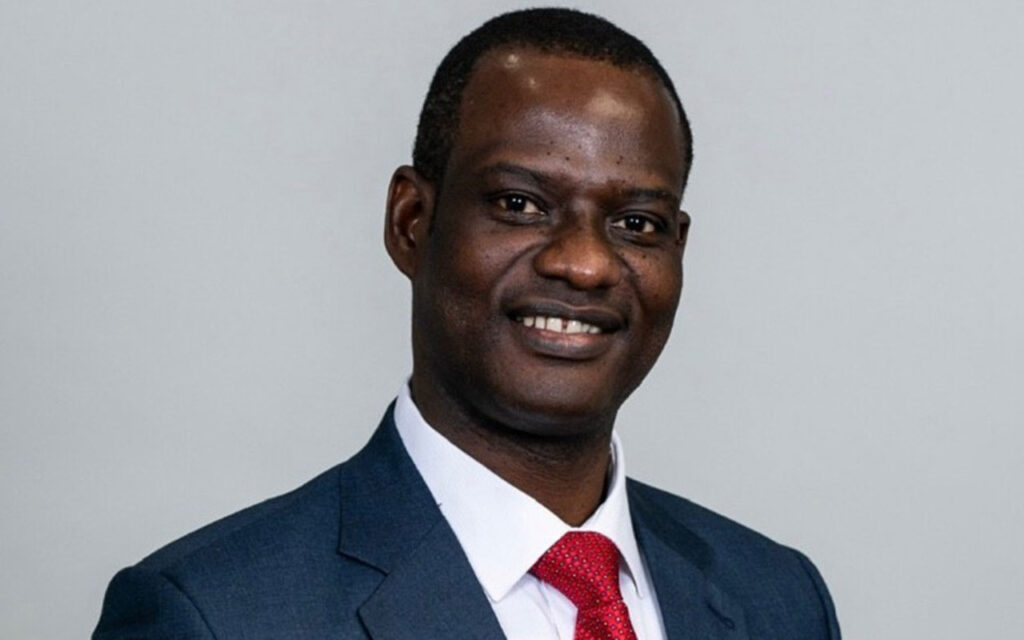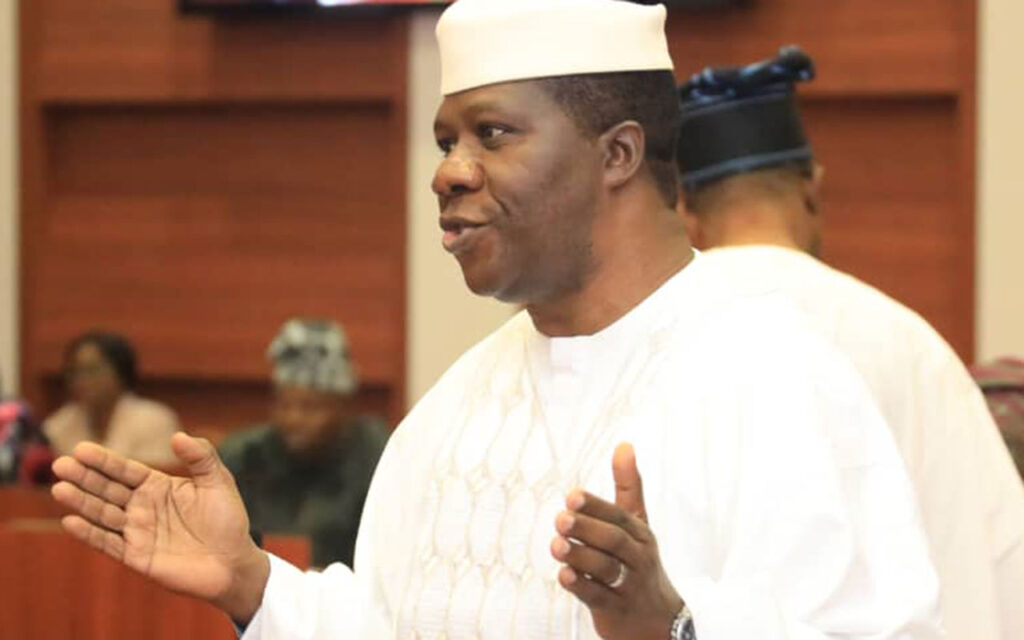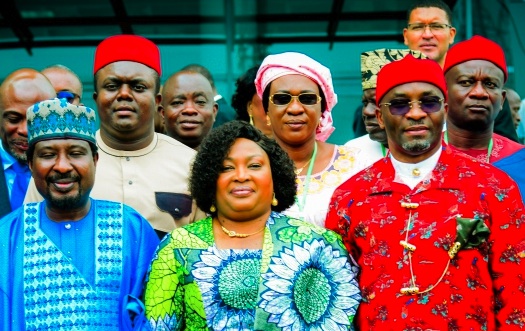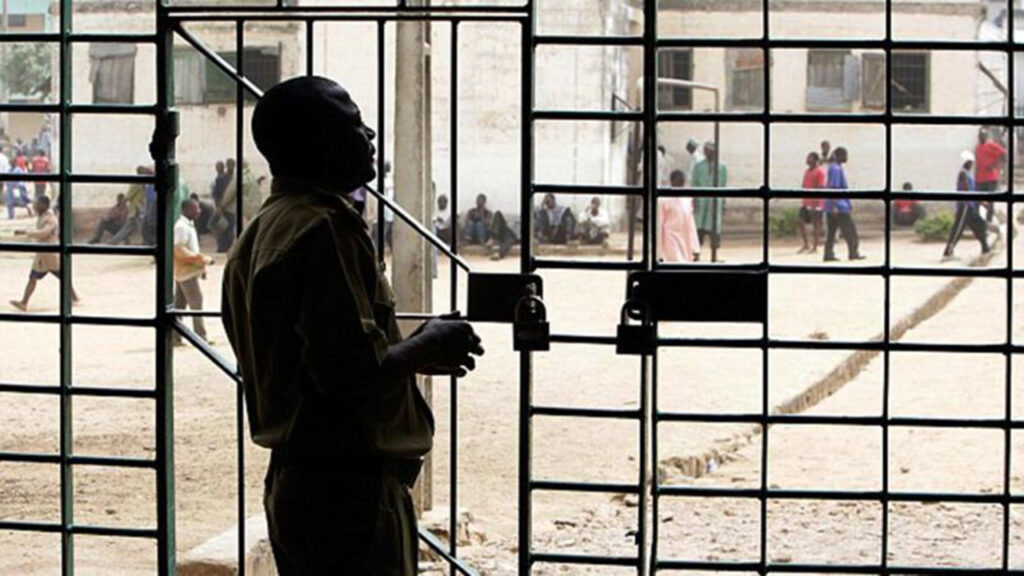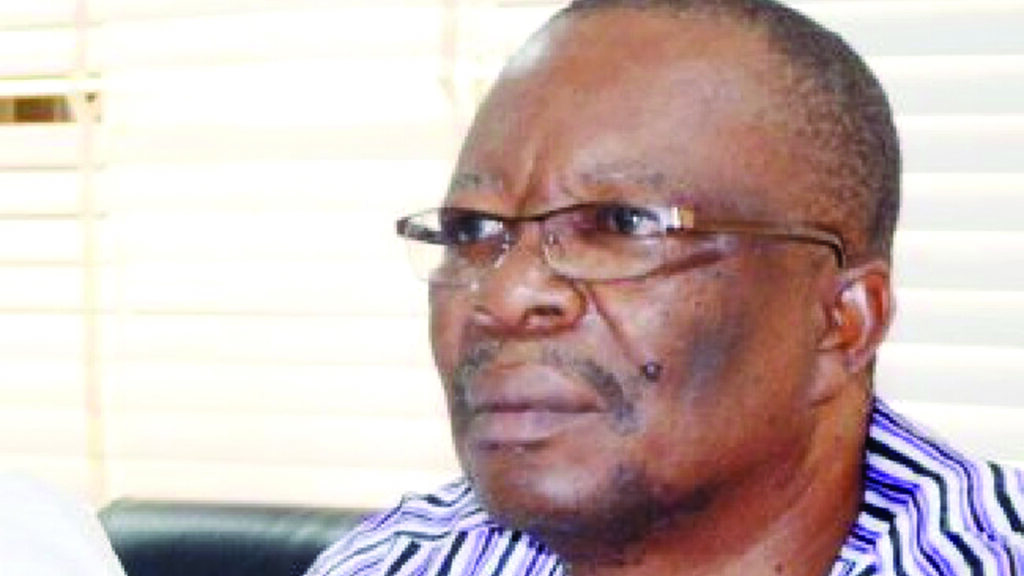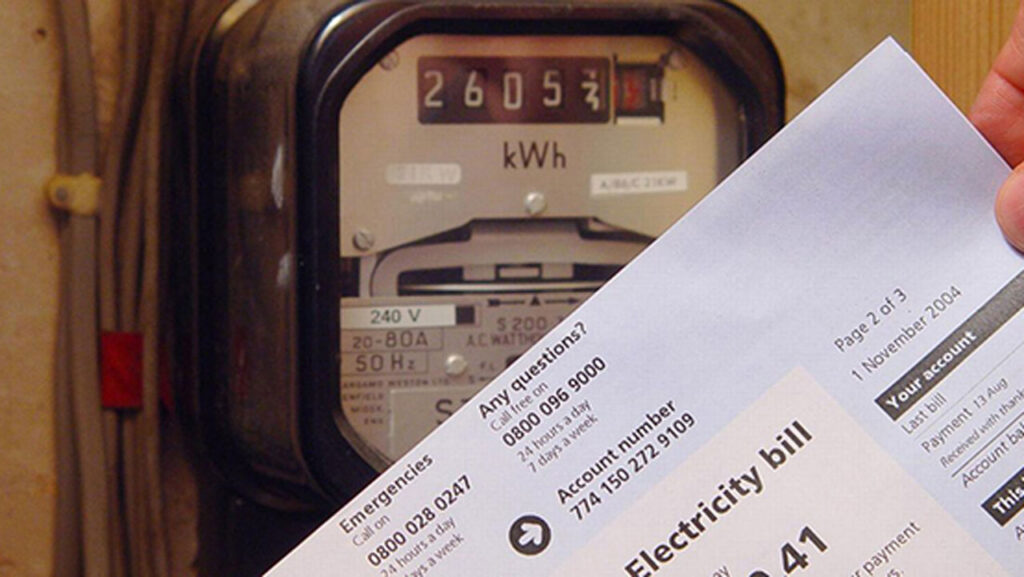
$29b loss to lack of electricity unacceptable, says Oborevwori
The push by the Federal Government to industrialise with gas and achieve zero gas flaring for clean energy footprint and monetisation will require a 10-year tax holiday, according to stakeholders yesterday as the Nigerian Content Development Board and Oildata Group opened a 300 million standard cubic gas gathering facility in Kwale, Delta State.
While Nigeria has a 209 trillion standard cubic feet of gas reserves, power plants are starved of resources amid wobbling electricity capacity. Besides, the nation spends billions of dollars on importing liquefied natural gas and compressed natural gas, which is now critical for Nigeria’s autogas policy and cooking, which has worsened deforestation as most Nigerians rely on biomass.
With over 100 similar gas flare sites yet to be captured across the Niger Delta, the Kwale gas facility, which the Nigerian Content Development and Monitoring Board (NCDMB) said has yielded a return on investment of about $1 million to the board, will, according to the promoters, add N357.2 billion to the country’s Gross Domestic Product (GDP) in a space of about four years.
The investment in the facilities, which came at a time when the Central Bank of Nigeria (CBN) stopped commercial banks from giving loans to service the oil and gas projects, received funding from the United States Trade Development Agency (USTDA), while the primary funding came from NCDMB and Xenergi, a subsidiary of Oildata.
Speaking at the event, the Governor of Delta State, Sheriff Oborevwori, said that it is pathetic that businesses in the country spend about $29 billion yearly in sourcing for electricity as a result of the power crisis in the country despite the huge energy resources.
Asking the Federal Government to ensure that every flare site in the state is captured to reduce the environmental damage to oil communities, the governor said that the state is doing everything possible to create a reliable business environment in the state.
According to him, the gas facilities are pillars of progress that will support the socio-economic development of Delta State and Nigeria at large, while harnessing the abundant natural gas resources for cleaner energy jobs, local industry development, and contributing to a more sustainable environment.


